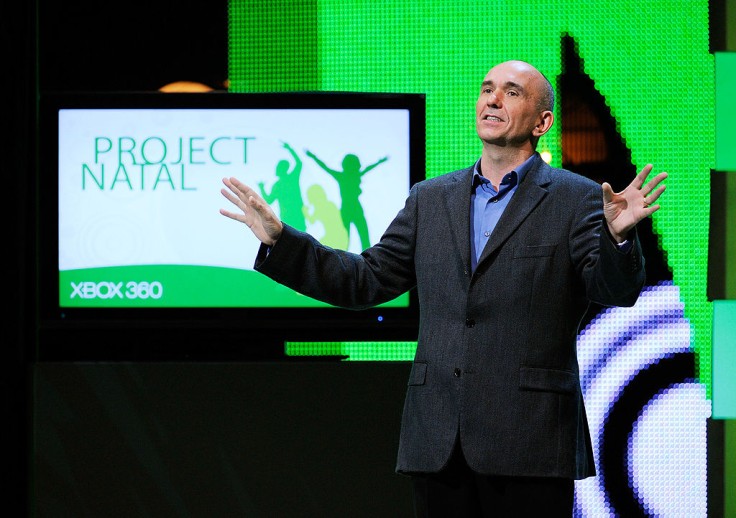
Popular game developer Peter Molyneux, famous for "god games" like "Populous" and "Black and White" and role playing games like "Fable," has gone his first foray into the NFT game space.
Molyneux announced on Saturday his partnership with the cryptocurrency gaming platform Gala Games for the "Legacy" NFT game, a management game that the British game developer first announced two years ago, The Verge reported.
"Legacy" will have a new digital currency called LegacyCoin residing on the Ethereum blockchain. Players will join "Legacy" by purchasing an NFT called "Land." As they join, players can set up a business, establish a town where the business will be located and create partnerships or compete with other players to boost their LegacyCoin funds.
'Legacy' NFT Game Positioned as P2E Title, 'Better Known' 'Axie Infinity'
"Legacy" is positioned as a play to earn (P2E) title, dubbed as the "better known" Axie Infinity but with the types of moral choices and management systems Molyneux is famous for.
Molyneux started his career as a game developer in 1982, creating and marketing games on floppy disks for the Atari and Commodore 64 gaming platforms. A GiantBomb entry said that his first game was one that was called "The Entrepreneur," an unsuccessful business simulation game about managing a startup that he published in 1984. Subsequently, according to an IGN feature, he authored a groundbreaking title "Druid II: Enlightenment" for the Amiga 1000 before creating "Populous," the first god game for the PC in 1989. It's also his first blockbuster game that sold 4 million copies.
Read Also : Trademark Leak Shows That Rumors Stating A Fable Sequel Is In The Works Could Be True After All
Electronic Arts (EA) then acquired his gaming company Bullfrog and subsequently became the company's vice president and consultant in 1994, during which he created "Dungeon Keeper." After his stint with EA, Molyneux conceptualized "Black and White" with Bullfrog spinoff Lionhead Studios and released it in 2001 with the help of EA. When Lionhead was acquired by Microsoft Game Studios, for which he served as creative director, Molyneux completed the RPG series "Fable: The Journey." After his stint at Microsoft, Molyneux worked at his Lionhead chief technology officer Tim Rance's gaming firm 22cans.
22cans collaborated with Gala Games for "Legacy."
As such, Molyneux is considered the most heralded developer to enter the NFT gaming space. Known for his fine-tuned fantasy worlds, Molyneux would apply his expertise in a game about playing for real money or even a full-time job--a complicated mix of business simulation and city management.
How to Earn in 'Legacy' NFT Game
Molyneux told The Verge that the game is about "starting your own little business" and that it is based on a tradition that currently exists wherein manufacturing firms are centered around little towns and those towns grow into cities. Because of this, the players would build cities and be primarily responsible for "designing all the products that you and your business is going to sell."
The player is responsible for having "all the commodities that the design products need" and competing in design competitions against other players.
In the game, players decide what kind of business they are going to run, and the management style or strategy to employ. Are they environment-centric, people-centric or plainly business-centric? Players can choose any to meet their goals. And at the center of everything is the use of LegacyCoin on the blockchain.
In the game, Molyneux said players "can create their own blockchain items." Creating a factory or erecting your business headquarters depends on "the blocks you unlock." He added that the facilities, workers and the entire ecosystem will depend on how the game is progressing, all embedded into the item. He said players can build a facility, like a factory, then sell it on the blockchain for a certain amount of Legacy Coins.









